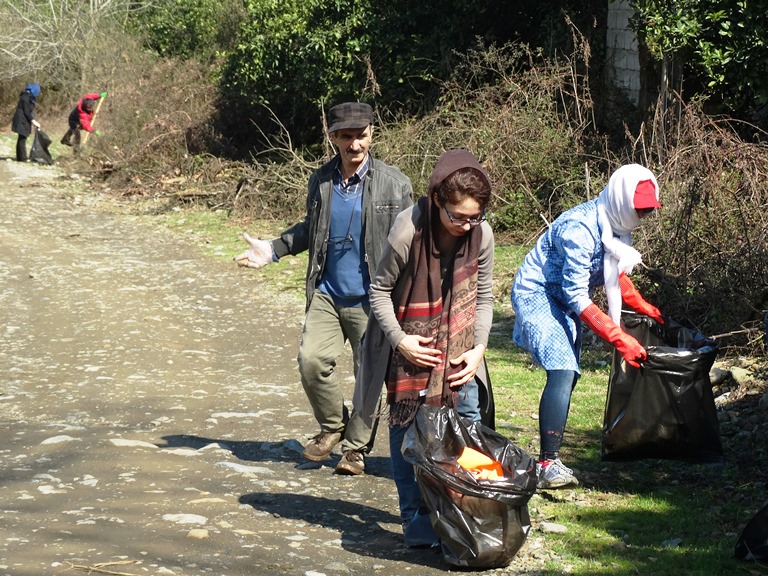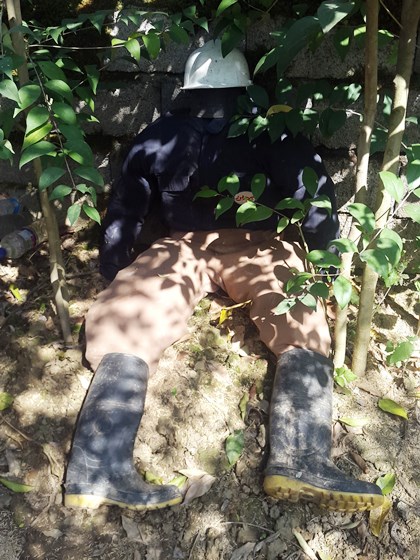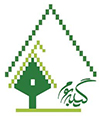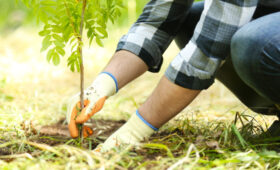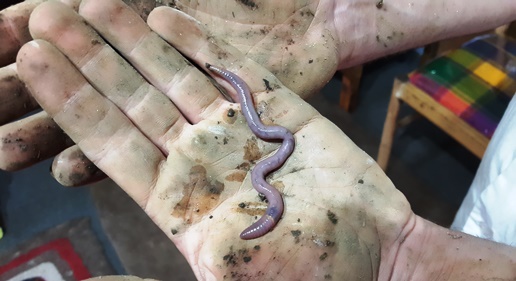We try to have a firm grounding in ecology and ecotourism. It is done by these steps:
- Attending a course of environmental workshop every year to keep us informed and up-to-date.
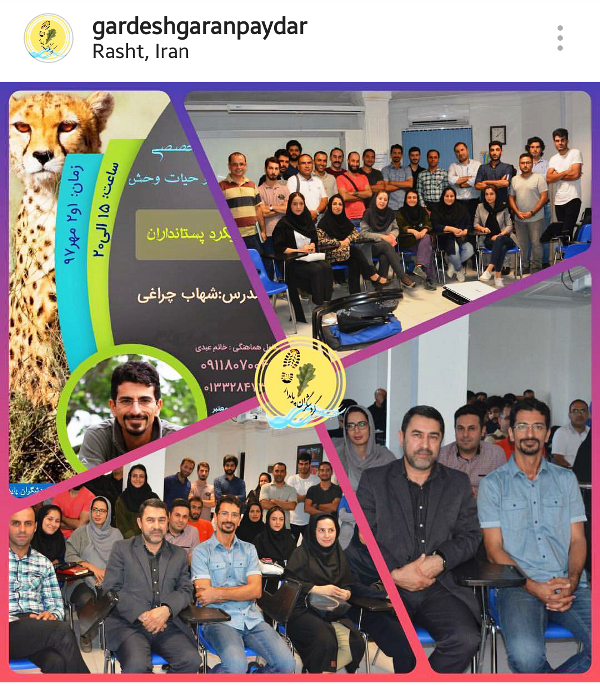
2. Making Gileboom ecolodge as a showcase for sustainable and eco activities and this is done by creating some smart questions in our garden, lobby, corridors, rooms and even living room by symbols and subjects.
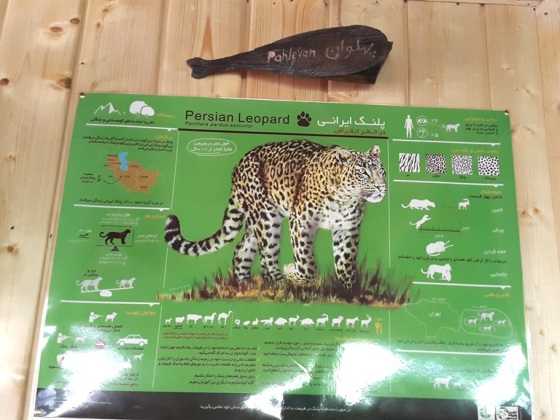
3. In our experience, indirect education is like a passive design, to fill and practice green activities. Passive design is design that takes advantage of the climate to maintain a comfortable temperature range in the home. Passive design reduces or eliminates the need for auxiliary heating or cooling, which accounts for 40% (or much more in some climates) of energy.
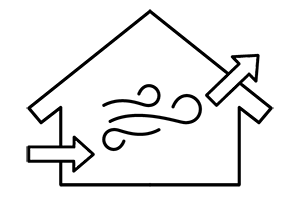
Like passive design in which the use of natural elements is so important to have sustainable situation, in indirect education we try to have a good knowledge about local people (Guil and Galesh) conduct, customs, believes, and finally socio-culture so that we have an effective aptitude and altitude for intercommunication according these elements.
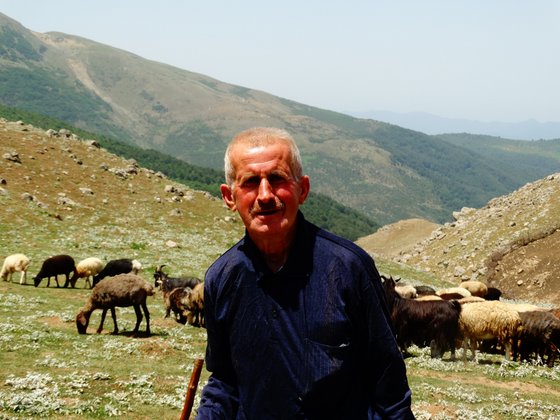
Sample of Reusing
We have a “clean day” every month in Qasem Abad village and after picking up, separating and cleaning the garbage from the streets and jungles, in a team working with kids, we encourage them to make valuable things out of rubbishes. Children’s recycle exhibition is the philosophy of this fact and one of the interesting things is a scarecrow “Chakmeay” which is produced by children while we were cleaning the streets and didn’t know what to do with plastic bags, dirty clothes and boots which were thrown out. We asked them and between so many answers like burning, the idea of making scarecrow was accepted. Now Chakmeay is one of the innovative solution and families’ attempt to have them in their garden.
